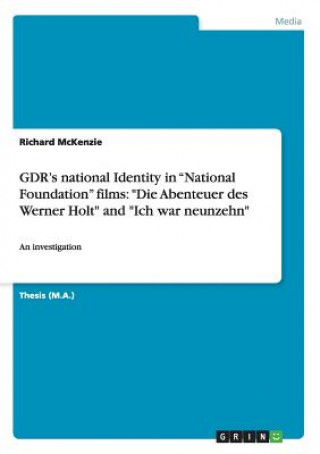
Kód: 01668320
GDR's national Identity in "National Foundation" films: "Die Abenteuer des Werner Holt" and "Ich war neunzehn"
Autor Richard McKenzie
Thesis (M.A.) from the year 2010 in the subject Communications - Movies and Television, grade: "Merit", University of Reading (German Studies), course: MA (Res), language: English, abstract: This dissertation examines two DEFA fil ... celý popis
- Jazyk:
 Angličtina
Angličtina - Vazba: Brožovaná
- Počet stran: 80
Nakladatelství: Grin Verlag, 2011
- Více informací o knize

Mohlo by se vám také líbit
-

Scar Tissue
459 Kč -

Mystery of Olga Chekhova
356 Kč -

Nana, Vol. 21
263 Kč -

The Girl Who Kicked the Hornet's Nest
634 Kč -

Aaron Copland: Art Songs and Arias: High Voice
727 Kč -

Kincaids Battery
1774 Kč -

Path of Night (Chilling Adventures of Sabrina, Novel 3)
307 Kč
Dárkový poukaz: Radost zaručena
- Darujte poukaz v libovolné hodnotě a my se postaráme o zbytek.
- Poukaz se vztahuje na celou naši nabídku.
- Elektronický poukaz vytisknete z e-mailu a můžete ihned darovat.
- Platnost poukazu je 12 měsíců od data vystavení.
Více informací o knize GDR's national Identity in "National Foundation" films: "Die Abenteuer des Werner Holt" and "Ich war neunzehn"
Nákupem získáte 156 bodů
 Anotace knihy
Anotace knihy
Thesis (M.A.) from the year 2010 in the subject Communications - Movies and Television, grade: "Merit", University of Reading (German Studies), course: MA (Res), language: English, abstract: This dissertation examines two DEFA films produced in the 1960 s by Joachim Kunert and Konrad Wolf,who became part of East Germany s 2nd generation of filmmakers and who explored the causes of National Socialism and the remedies for the dreadful catastrophe that overcame Germany between 1933 and 1945.The collapse of the Reich in 1945 saw the end of the 12 year National Socialist reign of terror over Germany. The Nazi s had ensured that they had control of cultural life in Germany and had invested heavily in a film industry that created a national myth in order to support Nazi Party aims and which manipulated the public. The defeat of Germany saw the discrediting and failure of fascist, national identity, myth making, artistic stereotypes and the foundational films produced in Germany during the period 1933-45. By the 1960 s DEFA, the GDR s state film production company had been exploring the origins of National Socialism for twenty years, starting with Wolfgang Staudte s Die Mörder sind unter uns, 1946, DEFA. The GDR s state film company, DEFA, was given the task of [ ]restor[ing] democracy in Germany and remove all traces of fascist and militaristic ideology from the minds of every German[ ] (Allen, 1999,3). These films were produced to enable the Germans to have an honest confrontation with the military and moral catastrophe that [ ]the Germans had brought on themselves[ ] (Barnouw,2008,48) and sought to develop a cinematic language[ ]to confront the recent German past (Pinkert,2008,20). The grammar of DEFA anti- fascist films was established by such films as Staudte, Die Mörder Sind Unter Uns orIrgendwo in Berlin, 1946, Gerhard Lamprecht, DEFA and Die Buntkarierten,1949, Kurt Maetzig, DEFA or Rotation,1949, Wolfgang Staudte,DEFA. These films were made by a generation that had grown up in the Weimar period and who had experienced the slide from Weimar chaos to National Socialist Dictatorship at first hand. The film makers were born in the late 19th or early 20th Centuries, Staudte in 1906, Lamprecht in 1897 and Maetzig in 1911. Their early films are an almost emotional expression of the moment of defeat containing heartfelt investigations of the causes of the catastrophe from within the Soviet Occupation Zone and later in the GDR. The 1950 s saw DEFA turn its attention to films which explored the everyday concerns of GDR citizens struggling to build a new state centring on the Berlin films of the middle of that decade.
 Parametry knihy
Parametry knihy
Zařazení knihy Knihy v angličtině Society & social sciences Society & culture: general Media studies
1557 Kč
- Plný název: GDR's national Identity in "National Foundation" films: "Die Abenteuer des Werner Holt" and "Ich war neunzehn"
- Podnázev: An investigation
- Autor: Richard McKenzie
- Jazyk:
 Angličtina
Angličtina - Vazba: Brožovaná
- Počet stran: 80
- EAN: 9783656003694
- ISBN: 3656003696
- ID: 01668320
- Nakladatelství: Grin Verlag
- Hmotnost: 129 g
- Rozměry: 210 × 148 × 5 mm
- Rok vydání: 2011
Oblíbené z jiného soudku
-

Confessions Of An Advertising Man
493 Kč -
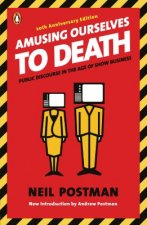
Amusing Ourselves to Death
433 Kč -

Contagious
247 Kč -
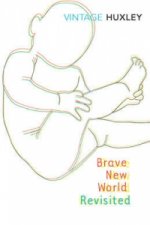
Brave new World Revisited
290 Kč -

Medium is the Massage
290 Kč -
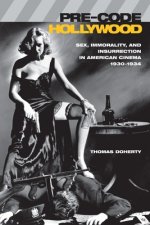
Pre-Code Hollywood
661 Kč -
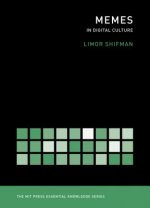
Memes in Digital Culture
365 Kč -
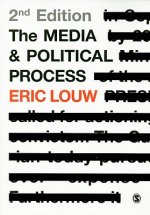
Media and Political Process
959 Kč -
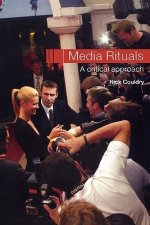
Media Rituals
1206 Kč -

Irresistible
290 Kč -

Buyology
345 Kč -
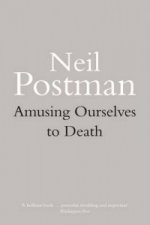
Amusing Ourselves to Death
336 Kč -
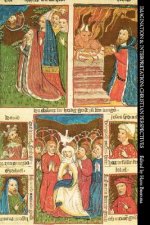
Imagination and Interpretation
419 Kč -

To Save Everything, Click Here
323 Kč -

Television Culture
1483 Kč -

Screen Damage - The Dangers of Digital Media for Children
685 Kč -

Four Arguments for the Elimination of Television
428 Kč -

Hollywood and the CIA
1666 Kč -

Game Design Deep Dive
1310 Kč -

Filling the Void
249 Kč -

Mass Media in the Post-Soviet World - Market Forces, State Actors, and Political Manipulation in the Informational Environment after Communism
1195 Kč -

Media and Audiences: New Perspectives
1134 Kč -
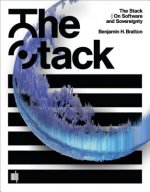
Stack
1174 Kč -

Filter Bubble
334 Kč -

Hidden Persuaders
374 Kč -

Txtng: The Gr8 Db8
302 Kč -

Spotify Teardown
480 Kč -
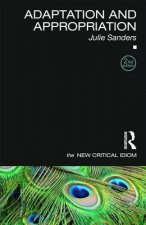
Adaptation and Appropriation
815 Kč -

Internet Does Not Exist
519 Kč -

American Silent Film
555 Kč -

Understanding Esports
1436 Kč -

Tubes
302 Kč -

Proteus Paradox
941 Kč -

Social Organism
511 Kč -

Doing News Framing Analysis
1811 Kč -

Persuasive Games
960 Kč -

Taking South Park Seriously
935 Kč -

Media Student's Book
1256 Kč -

Remediation
1097 Kč -
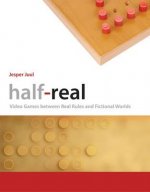
Half-Real
745 Kč -

Pola Negri
1026 Kč -

Field Guide to Lies
431 Kč -

Ludotopia - Spaces, Places, and Territories in Computer Games
941 Kč -

Screenwise
1031 Kč -

Fake News
1113 Kč -

Scriptwriting for Film, Television and New Media
1075 Kč -

Beyond Powerful Radio
1828 Kč -
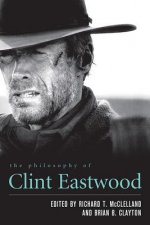
Philosophy of Clint Eastwood
1350 Kč -

Running the Show
1264 Kč
Osobní odběr Praha, Brno a 12903 dalších
Copyright ©2008-24 nejlevnejsi-knihy.cz Všechna práva vyhrazenaSoukromíCookies



 Vrácení do měsíce
Vrácení do měsíce 571 999 099 (8-15.30h)
571 999 099 (8-15.30h)